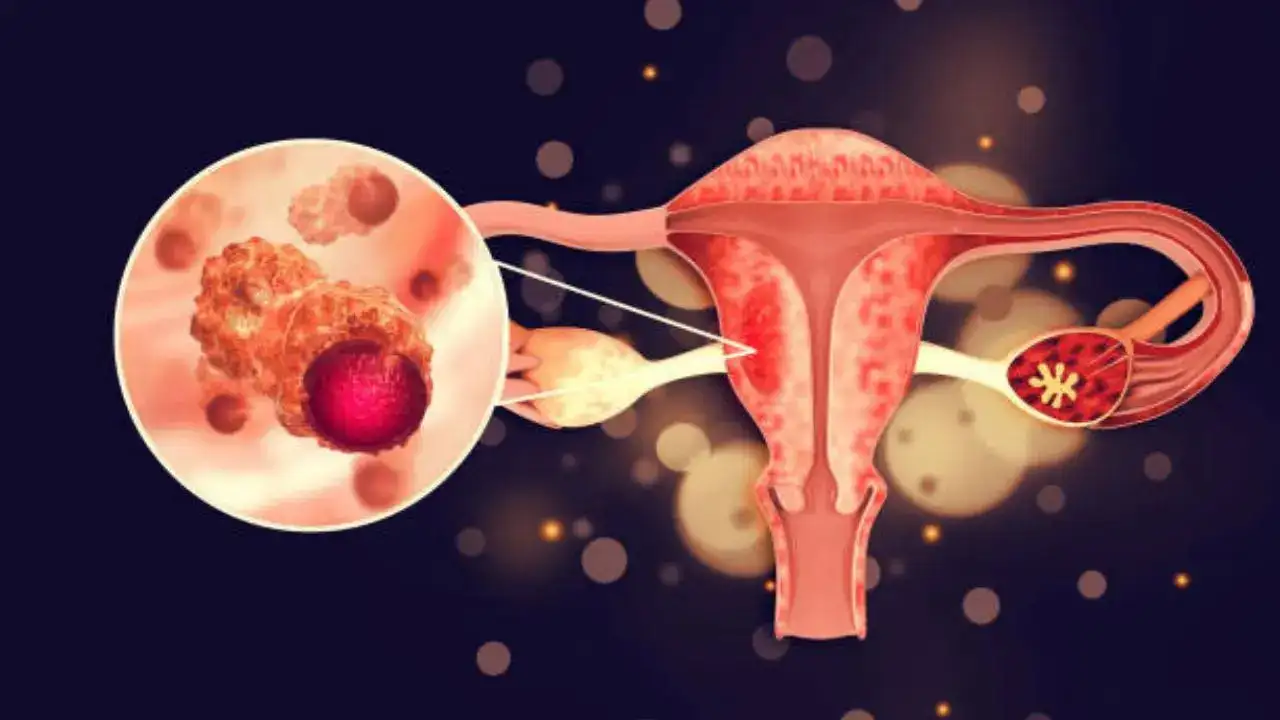Constant Urination May Be More Than a Bladder Issue—Experts Warn It Could Indicate Ovarian Cancer
By Ashima Sharda Mahindra
Copyright timesnownews

While ovarian cancer is difficult to spot, experts say the signs are not easily visible, and you need to be aware of the deadly condition. Often known as the silent killer, ovarian cancer kills thousands of women every year globally. According to doctors, it is subtle because the symptoms are ones that women can experience off and on during their lives, which are also common for other conditions, too. Constant urination or an increase in frequency – defined as the need to pass urine more often than usual, which can be more than eight times during the day – is one of the common signs that may occur due to increased fluid intake, infections, uncontrolled diabetes, or even ovarian cancer. Most people believe that frequent urination is a minor bladder issue, which is caused by a urinary tract infection or simply by drinking too much water. But constant urination, without an absolute cause, can also be a warning sign of growing ovarian cancer. “Urinary frequency in ovarian cancer may result from the direct compression of the bladder by the ovarian mass or due to ascites, where fluid accumulation in the abdomen increases pressure on pelvic organs, both of which reduce bladder capacity and create the constant urge to urinate,” Dr Anita Soni, director of obstetrics and gynaecology, Dr LH Hiranandani Hospital Powai, told Times Now. According to Dr Sonia, ovarian cancer can be among the most challenging gynaological cancers to detect early, as its symptoms are totally vague and are easily confused with gastrointestinal or urinary problems. Also, unlike breast cancer, cervical cancer, and colorectal cancer, ovarian cancer does not have a preventive screening test available – making pinpointing small changes sooner rather than later especially important. What makes urinary inconsistency dangerous? According to Dr Soni, the tendency to overlook makes the symptom especially concerning. “Many women self-medicate with antibiotics, thinking that it is a urinary tract infection, or they get advised to limit fluid intake when the fact is that the underlying problem may lie with the ovaries,” she said. “The difficulty with ovarian cancer is that it does not produce one dramatic, unmistakable symptom in its early stages; instead, it whispers with subtle changes like bloating, pelvic pain, and frequent urination,” she added. What are the other symptoms of ovarian cancer? Constant urination can have benign causes, but it becomes worrisome if it occurs daily, persists for several weeks, or is accompanied by other symptoms like: Abdominal swelling Loss of appetite Unexplained fatigue Bloating Changes in your eating habits, getting full early, and losing your appetite Vaginal discharge or abnormal bleeding Bowel changes like diarrhoea or constipation Experts say in such cases, further evaluation – which includes a pelvic examination and ultrasound – is strongly recommended. In situations where an ovarian tumour is suspected, additional tests like serum tumour markers – CA-125 and HE4 – and magnetic resonance imaging, or MRI, may be performed to aid in diagnosis and staging. What causes ovarian cancer? Even though doctors do not know the exact cause of ovarian cancer yet, some women have a slightly higher risk of developing the condition, which includes: Being over the age of 60 years Obesity A family history of ovarian cancer Never being pregnant or having children later in life. Endometriosis



